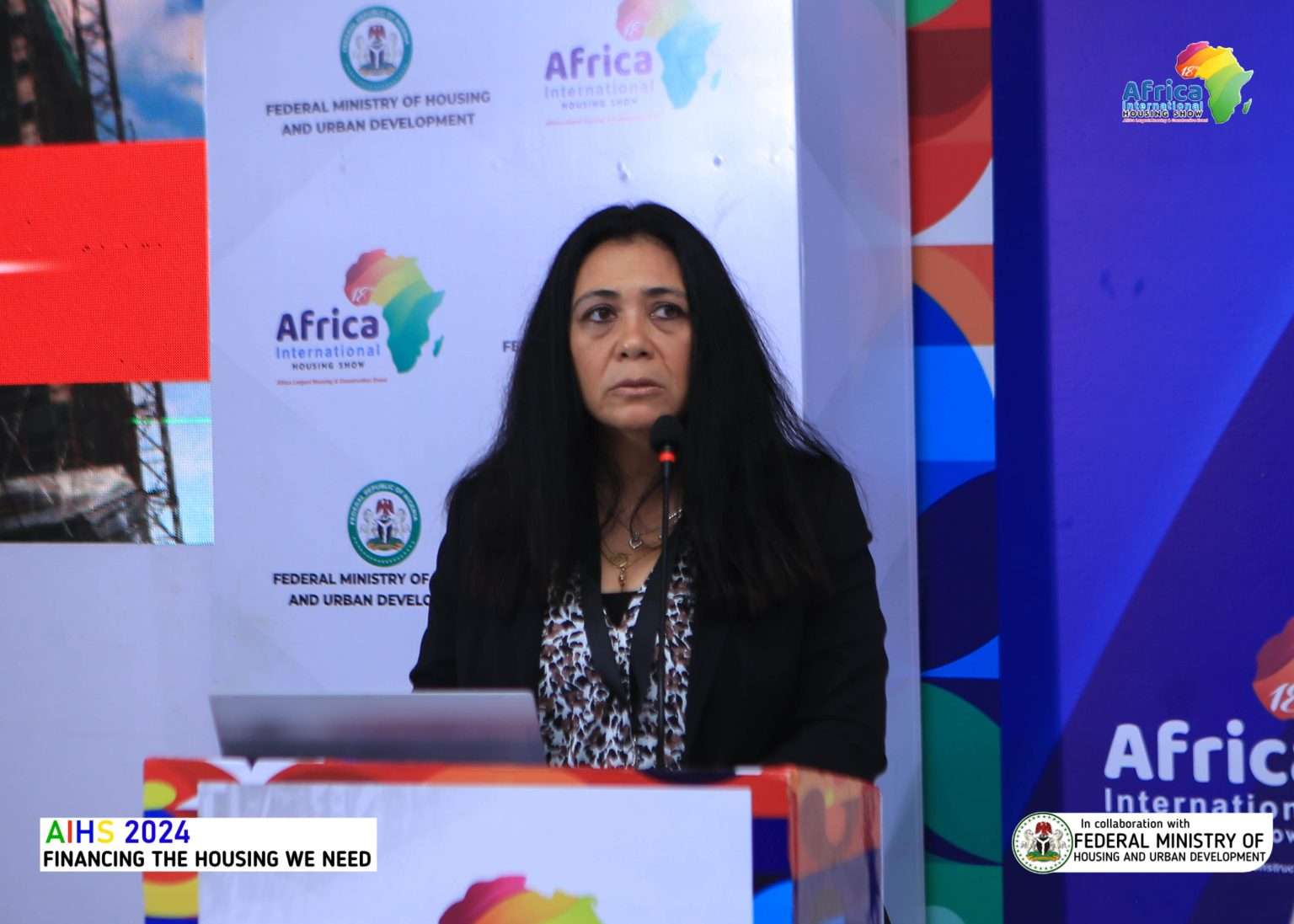DECLARATION BY DELEGATES TO THE 18TH AFRICA INTERNATIONAL HOUSING SHOW 2024 HELD AT THE VELODROME, NATIONAL STADIUM, ABUJA NIGERIA, 22ND – 27TH JULY 2024.
We, housing practitioners and stakeholders in the African housing sector, having met with colleagues from various sectors including government, private entities, and non-governmental organizations over five days, reaffirm our collective commitment to collaborate in addressing the challenges facing the real estate industry.
Key points highlighted in the deliberations include the urgent need for enhanced regulatory frameworks, the importance of ethical standards in real estate transactions, and the role of technology in modernizing the housing sector. The participants emphasized the necessity of collaboration among all stakeholders, including government bodies, professional associations, and the private sector, to ensure sustainable growth and equitable access to housing.
We are dedicated to working together to ensure the transparency, inclusivity, and sustainability of the housing sector across the continent.
We Note:
– The 18th Africa International Housing Show 2024, with the theme “Financing the Housing We Need,” emphasized the urgent need for sustainable, innovative, and accessible housing solutions in response to Africa’s rapidly growing population and urbanization.
– The critical role of accurate and standardized data in addressing housing adequacy was highlighted. The disparity in housing data, as pointed out by key stakeholders, underscores the pressing need for reliable data collection and regulation.

– The importance of institutional reform, particularly in areas such as property titling, weak institutional frameworks, high construction costs, and unenforceable foreclosure laws, was emphasized as key barriers to effective housing finance.
READ ALSO: AIHS2024: Experts Advocate For More Participation Of Women In the Housing Industry
– Gender inequality in the housing sector remains a significant challenge. Cultural and societal barriers continue to hinder women’s full participation in housing and real estate, necessitating a revision of these norms and increased advocacy for gender equality.
– A significant portion of the population in urban areas lives in slums (about 60% in Africa). The role of diversified housing solutions, tailored to meet the needs of various demographics, was emphasized. There is a need for both new builds and the upgrading of existing slums with infrastructure improvements, which can unlock millions of housing units without requiring new land, and help to address the housing deficit in urban areas.
– The significant economic implications of housing, particularly its potential to drive economic growth, were recognized. The interconnectedness of funding, insurance, and project execution across different regions often leads to project failures due to a lack of understanding of local market dynamics.
THEREFORE, We Call:
– For immediate action towards the collection and regulation of accurate housing data by relevant governmental and professional bodies to ensure informed decision-making in the housing sector.
– For institutional reforms to address the systemic issues in property titling, foreclosure laws, and construction costs, to create an environment conducive to sustainable housing finance.
– For a concerted effort to address gender inequality in the housing sector through advocacy, policy revision, and the promotion of gender-inclusive initiatives at both grassroots and national levels.
READ ALSO: AIHS 2024: Shaping Africa’s Architectural Landscape with Innovation and Global Collaboration
– For the adoption of a diversified approach to housing development that includes upgrading existing slums and creating tailored housing solutions for different demographics, recognizing the unique needs of various communities.
– For the integration of innovative technologies, green building materials, and smart design into housing projects across Africa. Governments and the private sector must work together to implement advanced technologies like AI and green finance models, ensuring that housing solutions are not only affordable but also future-proof.
– For stakeholders in the African housing sector to prioritize the use of locally available building materials and sustainable construction practices to reduce costs, enhance long-term affordability, and contribute to the environmental sustainability of communities.
– For stronger public-private partnerships, cooperative housing initiatives, and targeted lobbying efforts to influence government policies to support affordable housing and a more supportive business environment for housing finance while encouraging governments, financial institutions, and private investors to collaborate in providing guarantees, insurance, and subsidies. This tripartite approach—investment capital, construction capital, and end-user finance—is critical for making affordable housing accessible to all.
READ ALSO: AIHS 2024: Shaping Africa’s Architectural Landscape with Innovation and Global Collaboration
– For strategic interventions to leverage the economic potential of housing, particularly through the development of policies that encourage investment in both rental and ownership options, ensuring that all Africans have access to decent shelter.
– For AIHS and other stakeholders to engage directly with policymakers, including legislative bodies, to advocate for the prioritization of housing as a critical component of national development strategies.




